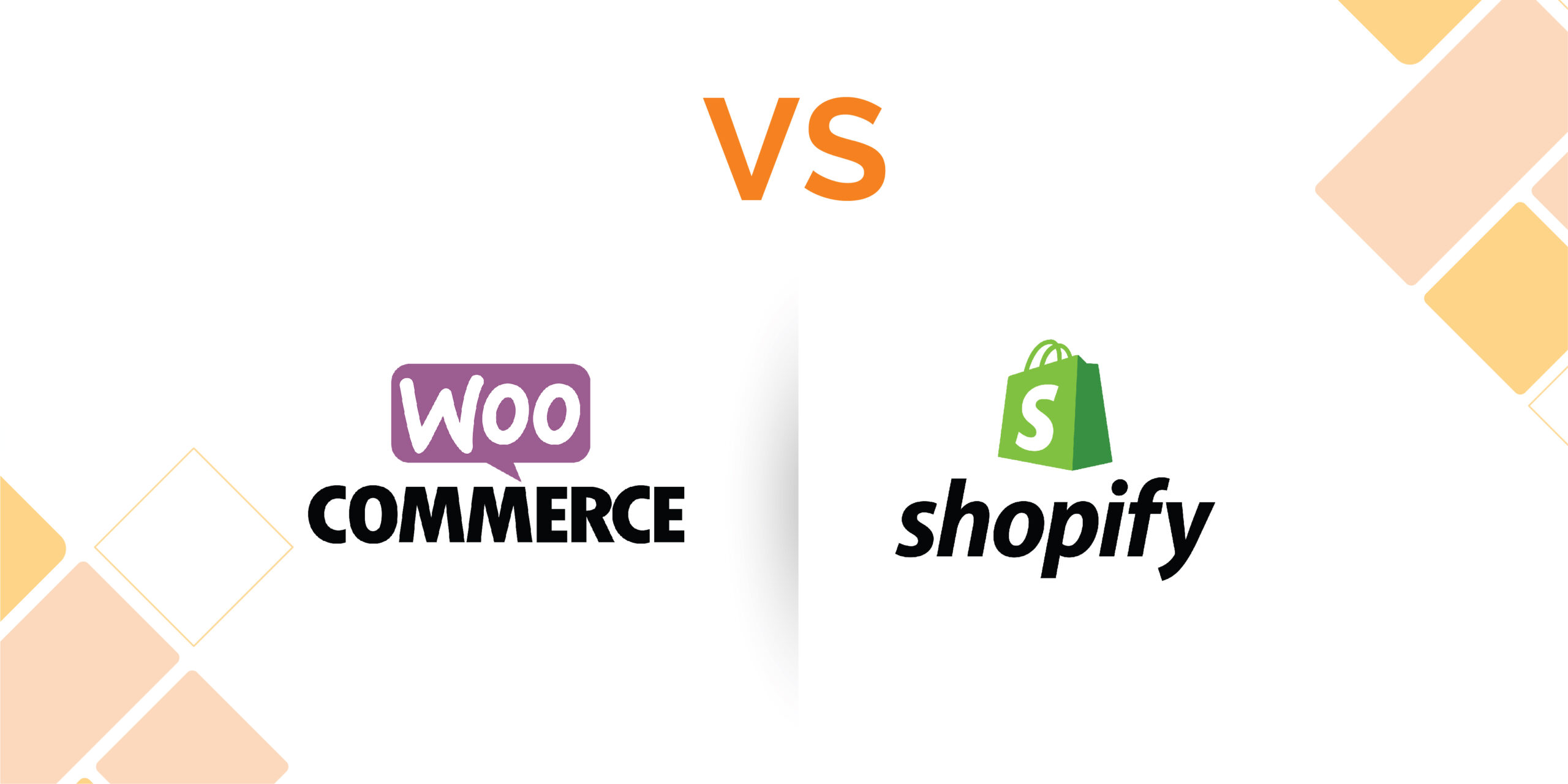
Nowadays, establishing an online store is not just an option but a necessity. It is necessary for those businesses who want to expand their reach and stay competitive. Selecting an appropriate platform for maintaining your e-commerce website is a critical decision. Considering one among the two giants in the industry is quite tricky. These two have always been at the forefront, driving success in the online marketplace. They are WooCommerce and Shopify. In this pursuit, these stand out as leading players, offering distinct features, benefits, and trade-offs.
The two popular e-commerce platforms have gained significant recognition over the years. This blog provides a balanced overview, comparing WooCommerce and Shopify in various aspects. It’s designed to inform readers about two e-commerce spaces and how WP All Support delivers these solutions.
WooCommerce: The Powerhouse of WordPress
WooCommerce is a powerful and highly customisable e-commerce plugin designed for WordPress websites. Its renowned flexibility makes it a favoured option for small startups and large enterprises. It is one of the world’s most popular content management systems (CMS). This is mainly selected by users who want complete control over their online stores and wish to integrate their existing informative WordPress websites.
Shopify: The E-commerce Giant
Conversely, Shopify is a comprehensive e-commerce solution offering businesses a full array of tools and features for efficiently establishing and running their online stores. It is known for its hassle-free solution for users looking to create an online store quickly without requiring extensive technical knowledge.
Now, after learning about the basics of WooCommerce and Shopify, let’s understand them deeply with the help of the tabular representation of their differences. Though they are popular and similar e-commerce platforms, they have distinct differences.
Difference between WooCommerce and Shopify
| Field of difference | WooCommerce | Shopify |
|---|---|---|
| Platform Type | WooCommerce is a plugin for WordPress. It's an open-source e-commerce platform built on WordPress. | Shopify is a standalone e-commerce platform offering a comprehensive, hosted solution. |
| Hosting | WooCommerce offers more control over hosting choices. | Shopify provides hosting as part of its service. |
| Ease of Use | WooCommerce is more complex to set up. | Shopify wins for ease of setup and user experience. |
| Customisation | WooCommerce is customisable, offering extensive customisation options. | Shopify provides customisation through themes and apps available in the Shopify App Store. |
| Flexibility | WooCommerce provides unparalleled flexibility; it offers limitless customisation possibilities. | It is more flexible than WooCommerce. |
| Support | WooCommerce support largely depends on the hosting provider and theme/plugin developers. | Shopify provides round-the-clock customer assistance through phone, email, and live chat across all its subscription plans. You have dedicated support from Shopify's team. |
| Scalability | WooCommerce requires more technical knowledge to scale effectively. | Shopify is designed to be scalable for every business and handle extensive inventories and high traffic. |
| Payment Processing | WooCommerce allows more flexibility with payment gateways but requires additional plugins. | Shopify has its payment gateway, Shopify Payments, and supports various third-party gateways. |
| Transaction fees | Transaction fees depend on the gateway you select. | The transaction charges fluctuate based on the selected plan and the payment gateway utilised. |
| Site Security | WooCommerce site security depends on the user and their hosting provider. | Shopify handles security at its end. |
| Costs | WooCommerce has the potential to lower initial costs but can become expensive with added features. | Shopify has a transparent pricing structure, withstanding higher monthly fees. |
| Design and Themes | WooCommerce relies on WordPress themes, which are plentiful but vary in quality. | Shopify provides a selection of themes crafted by professional designers. |
Comparison in a nutshell: Pros & Cons of WooCommerce & Shopify
| Pros | Cons |
|---|---|
| WooCommerce | |
| WooCommerce is highly customisable, has strong SEO, and is cost-effective at the initial setup. | It requires technical expertise, ongoing costs can add up, and responsibility for security and updates. |
| Shopify | |
| Shopify is user-friendly, has integrated hosting and security, and offers excellent customer support. | Less customisable, higher monthly fees, applied transaction fees if not using Shopify Payments. |
Choosing between WooCommerce and Shopify depends on your business needs, technical expertise, and long-term goals. While Shopify offers ease and quick setup, WooCommerce brings flexibility and customisation. For those leaning towards WooCommerce, WP All Support is here to help you develop an e-commerce site that meets and exceeds your expectations. At WP All Support, we specialise in crafting bespoke WooCommerce solutions, ensuring your e-commerce site is functional and a standout in its market.
WP All Support: the best eCommerce Development Solution
WP All Support aims to build an online store that achieves your business goals and efficiently caters to your customers’ needs. Having said that, we excel in bestowing the best WooCommerce WordPress Solutions with unique advantages after weighing their pros and cons. Unlock the power of our plans, starting at just $49 per month. Our special offer eliminates website development costs and includes unlimited content edits.
Are you still trying to decide which platform to choose? Or are you interested in exploring what your e-commerce online store would look like? Contact WP All Support today and take the first step towards representing your brand.



I would highly recommend Rahul for website development and maintenance. The customer service has been prompt, Rahul has worked closely with us to provide a site that met all of the criteria that we were looking for.